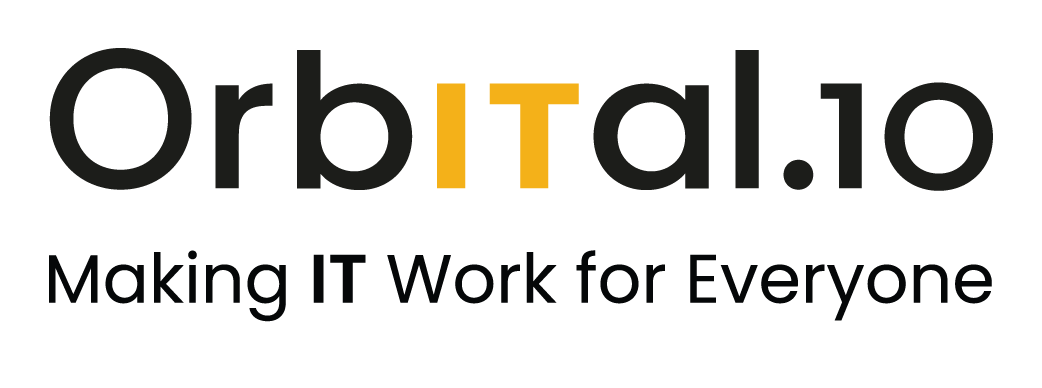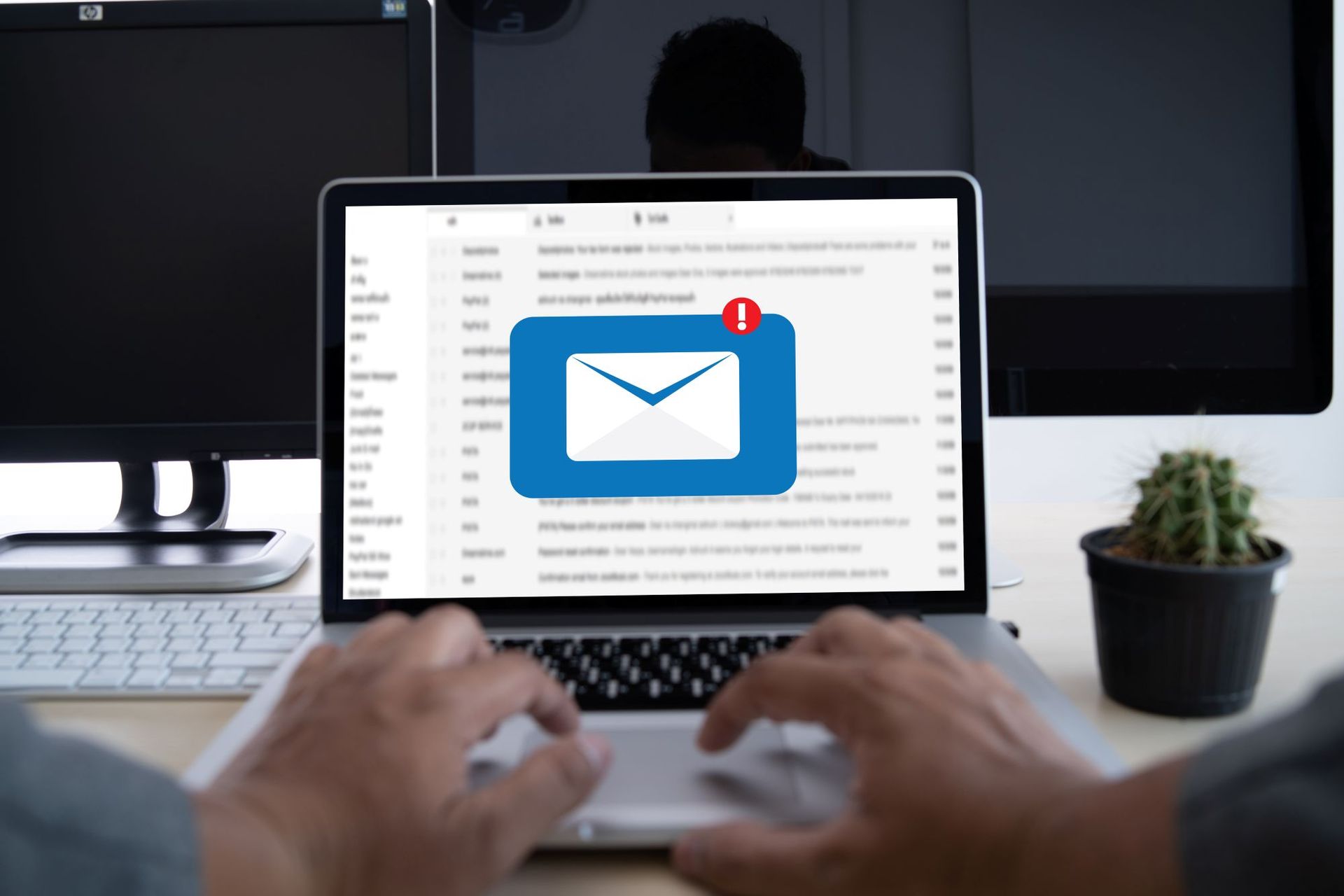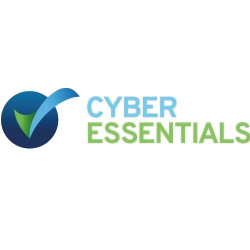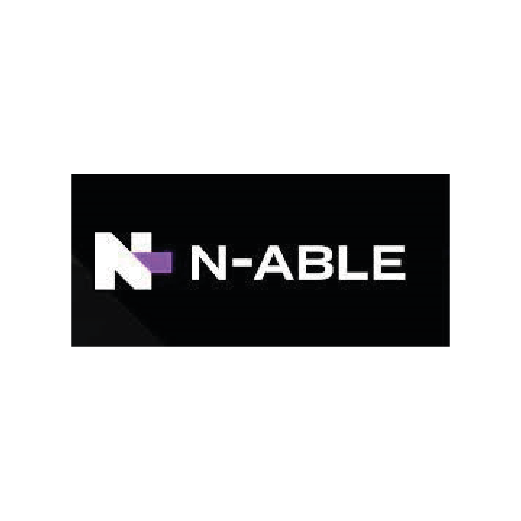Understanding the difference between cyber policies and Cyber Essentials
In today’s digital age, where businesses heavily rely on technology and online platforms, safeguarding sensitive information and protecting against cyber threats has become a crucial priority. Cybersecurity measures play a vital role in protecting businesses against data breaches, hacking attempts, and other cyber risks.
Two terms that often come up in this context are 'cyber policies' and 'Cyber Essentials'. While they both contribute to strengthening cybersecurity, they serve distinct purposes. This blog aims to shed light on the difference between cyber policies and Cyber Essentials.
Cyber Policies
Cyber policies, also known as cybersecurity policies or information security policies, are formal documents that outline an organisation’s approach to cybersecurity. These policies are a set of rules, guidelines, and procedures that define how an organisation manages, protects, and handles its digital assets, information systems, and data. They provide a framework for establishing security standards, protocols, and practices that align with the organisation’s goals and regulatory requirements.
Key features of cyber policies include:
1. Scope: Cyber policies cover various aspects of cybersecurity, such as data protection, access controls, incident response, employee training, and vendor management.
2. Customisation: Organisations can tailor their cyber policies to their specific needs, considering their industry, size, and unique risk landscape.
3. Compliance: Cyber policies often align with industry standards, legal requirements, and regulatory frameworks to ensure compliance and mitigate legal and reputational risks.
4. Documentation: Cyber policies should be well-documented, easily accessible to employees, regularly reviewed, and updated to address emerging cyber threats and changing business needs.
Cyber Essentials
On the other hand, Cyber Essentials is a cybersecurity certification scheme developed by the UK government. It aims to help organisations improve their cybersecurity posture and demonstrate their commitment to protecting against common cyber threats. Cyber Essentials focuses on implementing fundamental security controls that address the most prevalent types of cyberattacks.
Key features of Cyber Essentials include:
1. Basic Controls: Cyber Essentials focuses on five key technical controls: boundary firewalls and internet gateways, secure configuration, user access control, malware protection, and patch management.
2. Certification: Organisations can undergo an assessment process to achieve Cyber Essentials certification, indicating that they have met the necessary security requirements.
3. Risk Mitigation: By implementing the Cyber Essentials controls, organisations can significantly reduce their vulnerability to common cyber threats, such as phishing, malware, and unauthorised access.
4. Supplier Assurance: Cyber Essentials certification can enhance an organisation’s reputation and provide assurance to customers and business partners about its commitment to cybersecurity.
While cyber policies and Cyber Essentials both contribute to bolstering cybersecurity, they serve distinct purposes. Cyber policies encompass a broader range of guidelines and procedures, tailored to an organisation’s specific needs, ensuring compliance with regulatory frameworks and industry standards. On the other hand, Cyber Essentials focuses on a set of fundamental security controls to mitigate common cyber threats and provides a certification that demonstrates a commitment to cybersecurity best practices.
In an ideal scenario, organisations should consider adopting both cyber policies and Cyber Essentials. Cyber policies provide a comprehensive framework for managing cybersecurity risks, while Cyber Essentials helps establish a baseline of essential security controls. Together, they create a robust cybersecurity foundation that protects sensitive information, safeguards against cyber threats, and helps maintain trust in the digital landscape.
If you need help with your cyber policies and/or Cyber Essentials certifications, then we can help. Just give us a call >



























